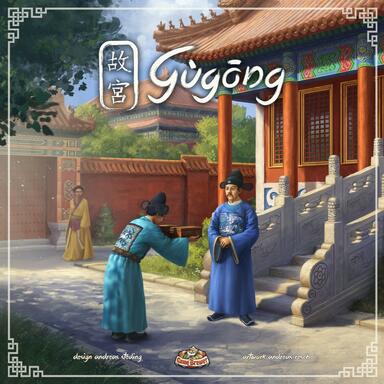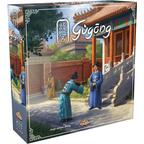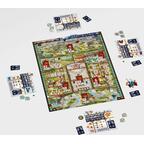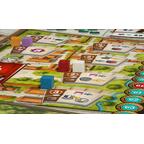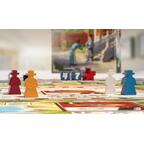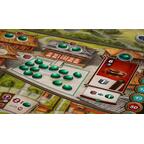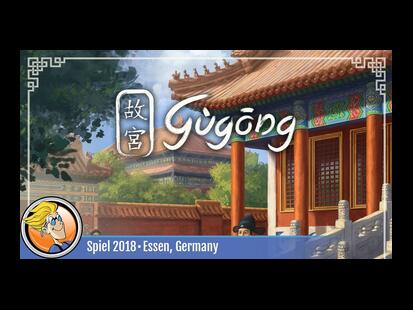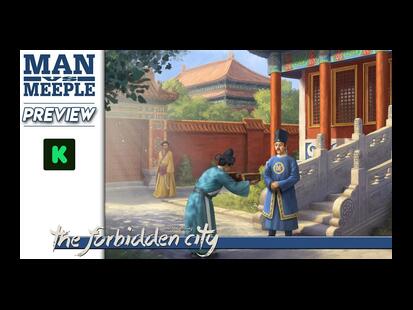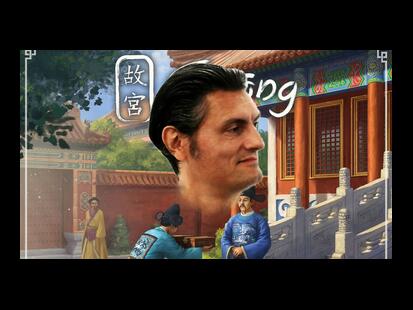China, 1570. China is under the reign of Emperor Longqing of the Ming Dynasty. He inherited a country plunged into disarray after years of mismanagement and corruption. Realizing the extent of the chaos his father's rule had caused, Emperor Longqing set about reforming the government by rehiring the talented officials his father had banished. The emperor resides in the Forbidden City, which hosted many emperors during the Ming Dynasty. Built between 1406 and 1420, it consists of 980 buildings covering 72 hectares. It was also during the Ming Dynasty that the Great Wall of China was rebuilt, extended and fortified. At that time, China was under heavy assault from the Mongols, so it was essential to maintain the Great Wall. It is to the Ming Dynasty that we owe what remains of the Great Wall today! The country was famous for its very complex bureaucracy which unfortunately generated its share of corruption.
However, the Longqing emperor tried to eradicate this corruption as much as he could, simply by making it illegal and punishable by death. At first glance, this seemed to be an effective measure, but as we all know, it is not easy to have absolute control over your "loyal" subjects. In the imperial court, the highest officials claimed to support the ban on bribery and instead of receiving money, a new custom was born: the exchange of gifts.
When a citizen had a request to make, he would accompany it with a gift. Naturally, the official had to offer a gift in return. If the citizen's gift was valuable, such as a jade statue, and the official gave a common paper fan in return, it was difficult to consider this an act of corruption. However, both parties were well aware of the symbolic value of these objects... " The Forbidden City" uses this custom as the basis for the game. Players will play as powerful Chinese families trying to gain influence and power by attempting to bribe Imperial Officers in charge of various sectors with suitable gifts. One player wins the game by gaining an audience with the Emperor. If more than one player achieves this, the player with the most Victory Points wins.
Gùgōng funded on the Kickstarter platform
Gùgōng was funded on the Crowdfunding Kickstarter (See the campaign) platform on the May 25, 2018, the campaign lasted 24 days. 4,955 people helped funded the game, whose the amount requested was €30,000.00. Thanks to these 4,955 people the game could be funded up to €266,515.50, ~888.38%.
Rule, Educational Sheet ... 2 Files Available2 Files Available
Download the rule for Gùgōng or any other documents (scenarios, goodies, pedagogical sheet, erratum, ...). 2 PDF files are available. See all available files
Contents of the box : 1 Game Board, 32 Travel Chits, 3 Fate Dice, 1 Day Counter, 38 Gift Cards, 20 Jade, 15 Decree Tiles, 1 First Player Medal Chit, 1 First Player Chit. For each of the 5 colors: 1 Player Board, 12 Servants, 1 Double Servant, 1 Traveler counter, 1 Emissary counter, 3 Grand Canal Boats, 1 Intrigue counter, 1 Victory Point counter.
